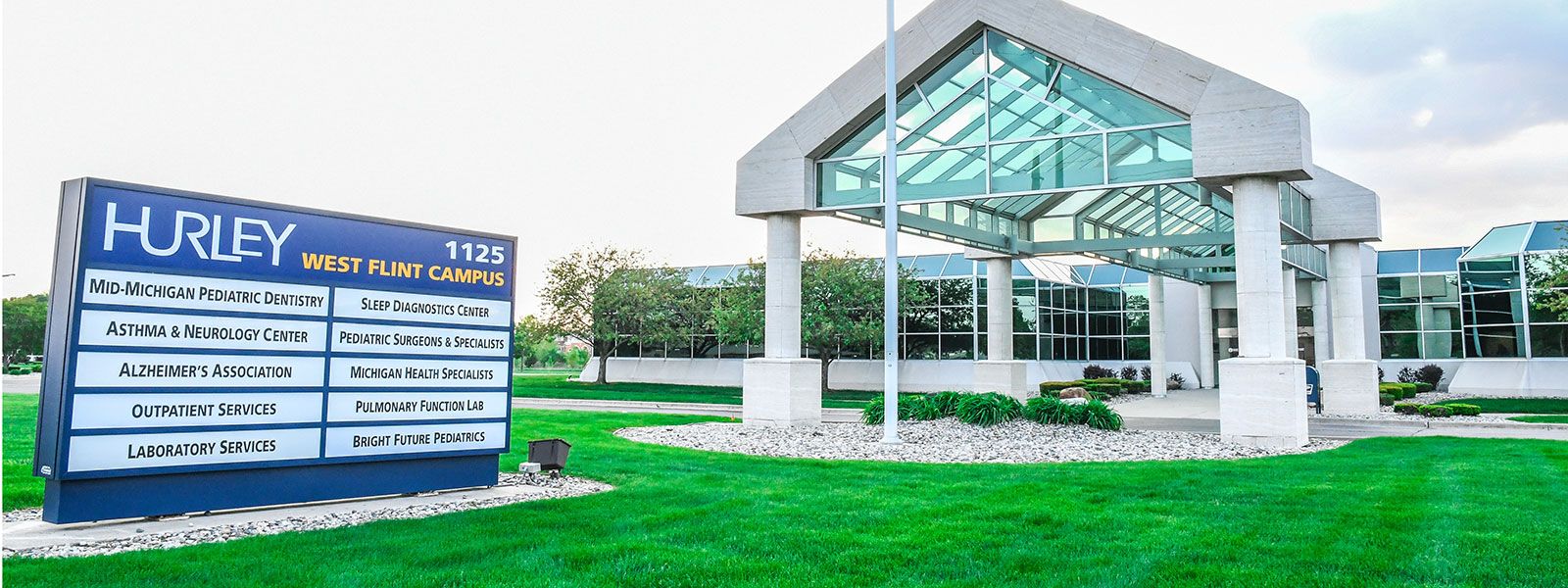Pediatric Psychology
Our minds and our bodies work together. Health problems and illnesses can affect our thoughts, behavior, and feelings. The way we think and feel can also affect our health. Some kids and teens also have difficulties with feeding, sleeping, and toileting that adults usually don’t. Pediatric psychologists use strategies supported by the research (also called “evidenced-based interventions”) to help children and teens and their families function as best as they can, treat problems that can be fixed, and learn to live with things that cannot be cured.
What is a Pediatric Psychologist?
Pediatric psychology is a specialty area within psychology. It combines the fields of Child Clinical Psychology and Health Psychology. Pediatric psychologists are doctoral-level providers with fellowship training (also called “supervised specialty training”) in the field of pediatric psychology.
Pediatric psychologists are trained to diagnose and treat the mental and behavioral health concerns of kids and teens. They consider child development, take a multicultural perspective, use evidenced-based practices, and tailor to family circumstances.
Pediatric Psychologists have expertise in understanding the interaction between biology, psychology, and social and environmental factors in health. They promote health through behavior change, work in teams with other providers, and have expertise in health-specific issues of childhood like feeding, sleeping, and toileting.
Pediatric psychologists work with the whole provider team to support health, wellness, and optimal functioning for patients and their families.
What does a Pediatric Psychologist Treat?
Kids and teens work with a Pediatric Psychologist for lots of reasons! Among other things, we can evaluate (also called “diagnose”) and/or treat the following:
- Stress-related physical symptoms (like headaches, stomach pain, and non-epileptic motoric movement - episodes)
- Difficulty adjusting or adapting to a medical diagnosis
- Difficulty sticking with the medical management regimen for one or more medical conditions (like - diabetes, asthma, and ulcerative colitis)
- Health compromising behaviors (like overeating, fear of specific medical procedures, and pill - swallowing difficulties)
- Feeding problems (like picky or limited eating and failure to thrive)
- Toileting problems (like delayed toilet training, chronic constipation, daytime accidents without a - medical cause, and bedwetting)
- Sleep problems (like difficulty falling asleep and staying asleep)
- Chronic pain
What will happen when I work with a Pediatric Psychologist?
Intake Evaluation
The first thing we do together is an intake evaluation. This usually takes 1-2 sessions, and involves your provider getting to know you and what you want help with by asking lots of questions. The patient, their parents/guardians, and teachers may also fill out forms. We may ask to get in touch with other people on your team so that they can share useful information too!
Treatment Planning
Next, the provider, the patient, & their parents/guardians talk about what diagnosis(es) best explains the difficulties happening. Together, they will decide what problem(s) to focus on and the goals of therapy. Other recommendations might be given too. The provider will also give an estimate of how long therapy may last and how often sessions should happen.
Therapy
Psychotherapy (the fun part) begins! Most of the time, we meet once a week or every other week. Sessions last 45-50 minutes; they might include just the patient, just the parents/guardians, or everybody. Therapy only works if everyone sticks to the schedule that was made with the provider. If you cannot come regularly, then we might ask you to wait to do therapy until you can.
Interested in Pediatric Psychology Services?
For Patients
You do not need a referral from anyone in order to be seen! Call us at 810.262.2320 and ask for “Pediatric Psychology” services. Our front desk staff will get information from you, then schedule you with our Pediatric Psychology team as early as possible.
NOTE: Because we are a specialty provider and deliver evidence-based services, there can sometimes be a wait to be seen. We apologize that services may not be available right away, but can assure you that this means you will receive excellent care when you are seen in our clinic!
For Providers
We LOVE collaborating with you! Please call us at 810.262.2320 to learn more about our services and how we support your patients!
What can you expect from us? After the evaluation is completed and with patient/caregiver consent, you can expect to receive a letter notifying you that your patient was seen, of our evaluation results as they relate to the patient’s health, and of our treatment plan. You’ll also be contacted when services are discontinued. Additional care coordination is often helpful! We will reach out as needed with patient/caregiver consent, and ask that you do the same!
Have feedback for us? Please call the office and share early and often!
Anything Else I Should Know?
Yes! All are welcome here. We are a safe space for all, including but not limited to, people of any race/ethnicity, religious affiliation, ability/disability status, education and socioeconomic level, family composition, gender identity, and sexual orientation. If this is not your experience, please let us know right away so that we can fix it!
